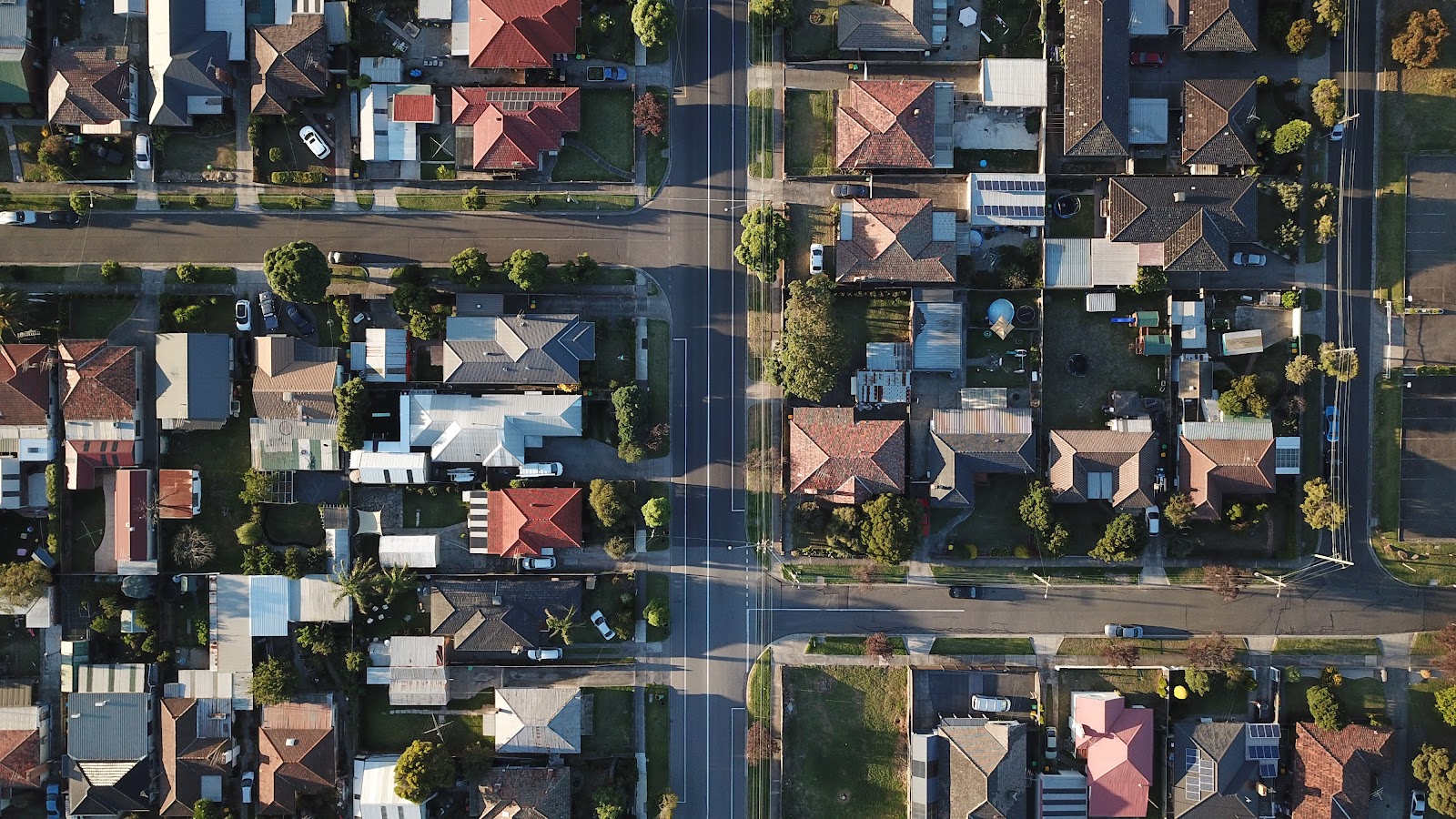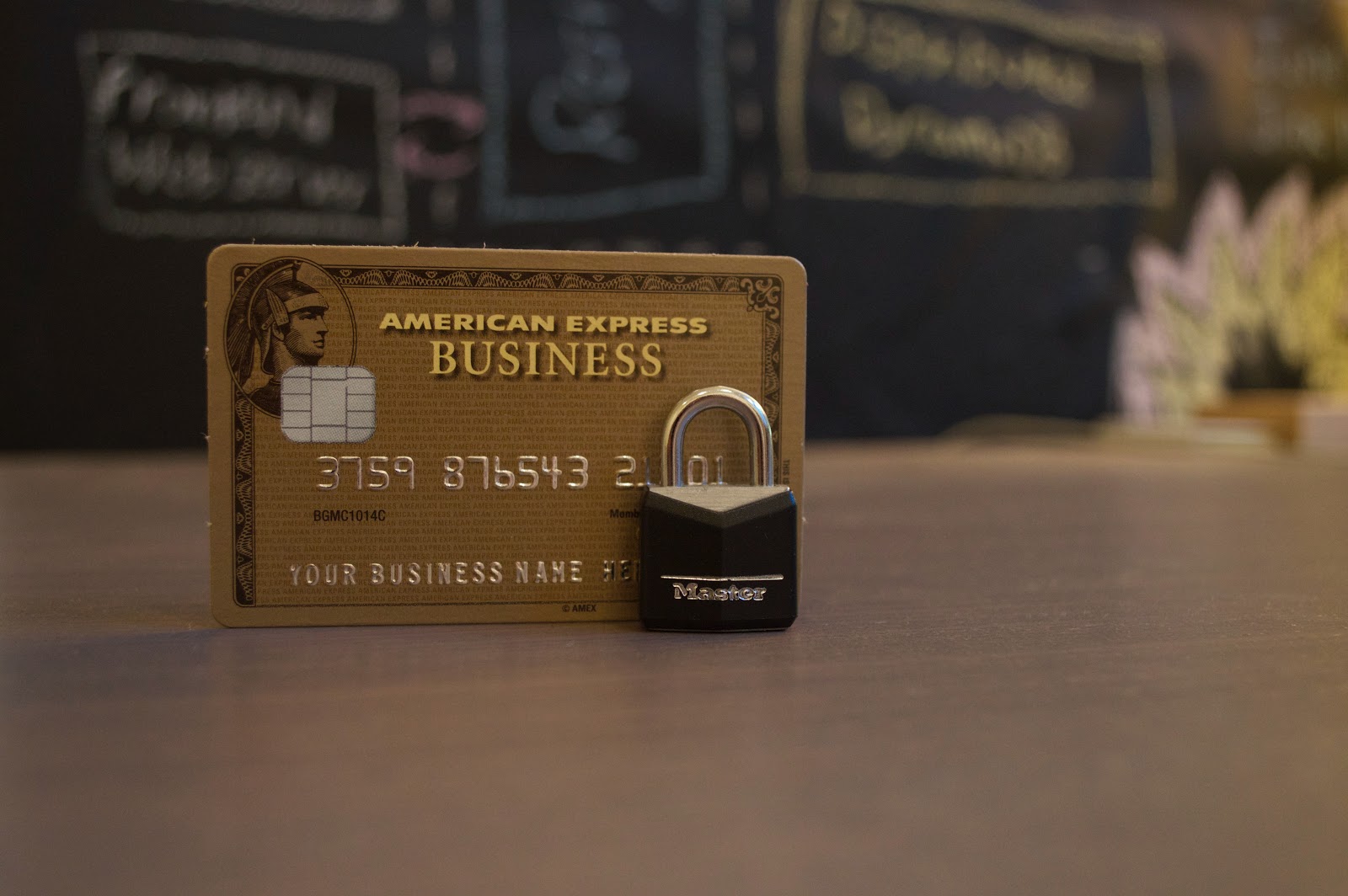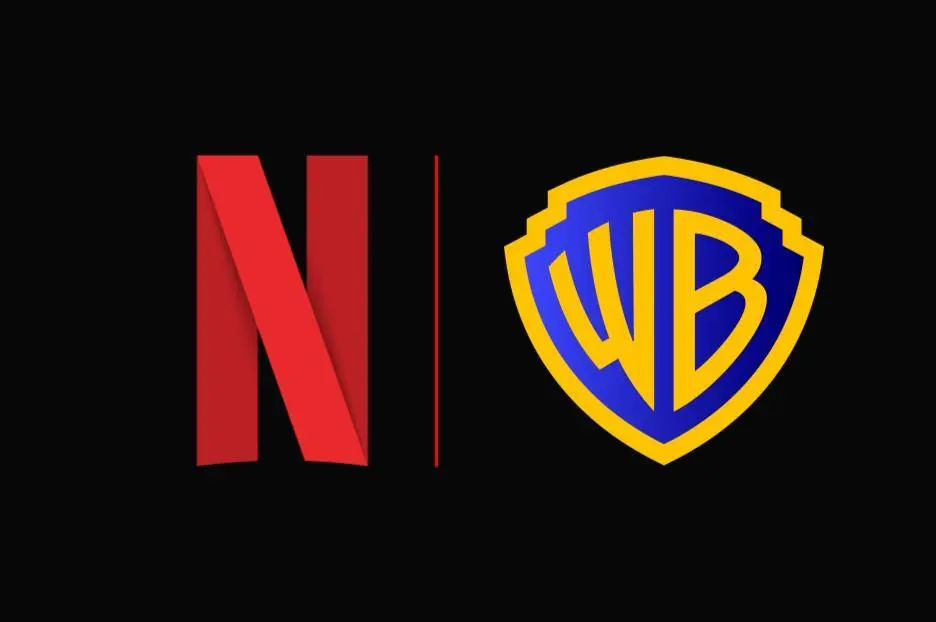One of the biggest questions millennials have today is: should I own a home, or should I just rent?
If you buy, you get a return on your money and an opportunity to build real wealth. If you rent, you are just throwing that away or financing your landlord’s funds to put their kids through college.
On the other hand, renting means more freedom, more flexibility. It means you can move across the world in an instant (okay – as long as it takes you to sublet your apartment on Gypsy Housing). There’s a lot of appeal to that.
If you know you want to buy a house, there’s a bigger challenge: “Do I even make enough money to own my own home?” It’s probably the most important question you will ask yourself in the process of becoming a homeowner. However, the results of what this really looks like can be astounding.
(adsbygoogle = window.adsbygoogle || []).push({});

According to Forbes, the cost of living in some of the fastest-growing cities in America can range from $42,161 (Detroit, MI) and $53,384 (Albuquerque, NM) to $58,504 (San Antonio, TX) and $58,973 in Columbus, OH. These figures include not only your mortgage payment, but enough financial resources to live comfortably, make your mortgage, pay your utilities, and maybe even save a little to put away for retirement.
The median cost of homes in areas such as San Antonio is about $172,400, according to Zillow. This means if you put down a $25,000 deposit and financed $152,400, you would be looking at around $800 per month for the mortgage payment, at 5% interest for a 30-year fixed rate mortgage. This rate assumes you have a credit score in the range of 680-700. Plus, you may need to add escrow fees, which include homeowners insurance and real estate taxes if your loan terms require it.
(adsbygoogle = window.adsbygoogle || []).push({});

So owning a home can be pretty affordable. The first step is to start saving up for a down payment. It’s usually recommended to put down about 20% of the purchase price. This will also reduce the size of the loan you need to borrow from a lender. There are also certain mortgage programs–like the FHA loan program–that allow qualifying buyers to make small down payments in exchange for agreeing to pay for private mortgage insurance.
Another important factor in obtaining financing is your credit score, according to Tyler Frist from Citizens Bank. This is why credit is so important. It’s how banks assess the likelihood that you’ll be able to pay back your loan. This will also impact the interest rate you qualify for and the terms of your loan.
If you’re applying for a mortgage with a significant other, it’s also important to note that they’ll take the lower score between the two of you. So when you are working on building your credit, you may find it more strategic to pay off one person’s debt sooner than the other.
(adsbygoogle = window.adsbygoogle || []).push({});

When it comes to your credit score, don’t blame the bank. They’re just trying to protect their investment. We are talking hundreds of thousands of dollars. Instead, get ahead and work on your credit before it comes time to make major purchases and life-altering decisions.
Keep an eye on your credit score with apps like Credit Karma. Smart moves like paying credit card debt and submitting bill payments on time will help you to maximize your score.
Another great way to build wealth when saving for a home is to automate your savings, so that when you get paid through direct deposit, like most of us, money is automatically put aside into a housing fund. Create a plan to tackle debt and reduce spending on frivolous items so that you can save in the long run.
(adsbygoogle = window.adsbygoogle || []).push({});

Owning your own home means owning equity. This gives you leverage when making financial decisions and taking on debt. We often think of debt as a bad thing, but it can be a good thing, even necessary, such as when you’re taking a line of credit to start your own business or obtaining a mortgage to finance a home purchase. And even if you’re not ready to commit to a mortgage, you’ll have the resources to make an educated home purchase in the future.
string(6220) "
One of the biggest questions millennials have today is: should I own a home, or should I just rent?
If you buy, you get a return on your money and an opportunity to build real wealth. If you rent, you are just throwing that away or financing your landlord's funds to put their kids through college.
On the other hand, renting means more freedom, more flexibility. It means you can move across the world in an instant (okay - as long as it takes you to sublet your apartment on Gypsy Housing). There's a lot of appeal to that.
If you know you want to buy a house, there's a bigger challenge: "Do I even make enough money to own my own home?" It's probably the most important question you will ask yourself in the process of becoming a homeowner. However, the results of what this really looks like can be astounding.
(adsbygoogle = window.adsbygoogle || []).push({});

According to Forbes, the cost of living in some of the fastest-growing cities in America can range from $42,161 (Detroit, MI) and $53,384 (Albuquerque, NM) to $58,504 (San Antonio, TX) and $58,973 in Columbus, OH. These figures include not only your mortgage payment, but enough financial resources to live comfortably, make your mortgage, pay your utilities, and maybe even save a little to put away for retirement.
The median cost of homes in areas such as San Antonio is about $172,400, according to Zillow. This means if you put down a $25,000 deposit and financed $152,400, you would be looking at around $800 per month for the mortgage payment, at 5% interest for a 30-year fixed rate mortgage. This rate assumes you have a credit score in the range of 680-700. Plus, you may need to add escrow fees, which include homeowners insurance and real estate taxes if your loan terms require it.
(adsbygoogle = window.adsbygoogle || []).push({}); 
So owning a home can be pretty affordable. The first step is to start saving up for a down payment. It's usually recommended to put down about 20% of the purchase price. This will also reduce the size of the loan you need to borrow from a lender. There are also certain mortgage programs–like the FHA loan program–that allow qualifying buyers to make small down payments in exchange for agreeing to pay for private mortgage insurance.
Another important factor in obtaining financing is your credit score, according to Tyler Frist from Citizens Bank. This is why credit is so important. It's how banks assess the likelihood that you'll be able to pay back your loan. This will also impact the interest rate you qualify for and the terms of your loan.
If you're applying for a mortgage with a significant other, it's also important to note that they'll take the lower score between the two of you. So when you are working on building your credit, you may find it more strategic to pay off one person's debt sooner than the other.
(adsbygoogle = window.adsbygoogle || []).push({});

When it comes to your credit score, don't blame the bank. They're just trying to protect their investment. We are talking hundreds of thousands of dollars. Instead, get ahead and work on your credit before it comes time to make major purchases and life-altering decisions.
Keep an eye on your credit score with apps like Credit Karma. Smart moves like paying credit card debt and submitting bill payments on time will help you to maximize your score.
Another great way to build wealth when saving for a home is to automate your savings, so that when you get paid through direct deposit, like most of us, money is automatically put aside into a housing fund. Create a plan to tackle debt and reduce spending on frivolous items so that you can save in the long run.
(adsbygoogle = window.adsbygoogle || []).push({});

Owning your own home means owning equity. This gives you leverage when making financial decisions and taking on debt. We often think of debt as a bad thing, but it can be a good thing, even necessary, such as when you're taking a line of credit to start your own business or obtaining a mortgage to finance a home purchase. And even if you're not ready to commit to a mortgage, you'll have the resources to make an educated home purchase in the future.
"












